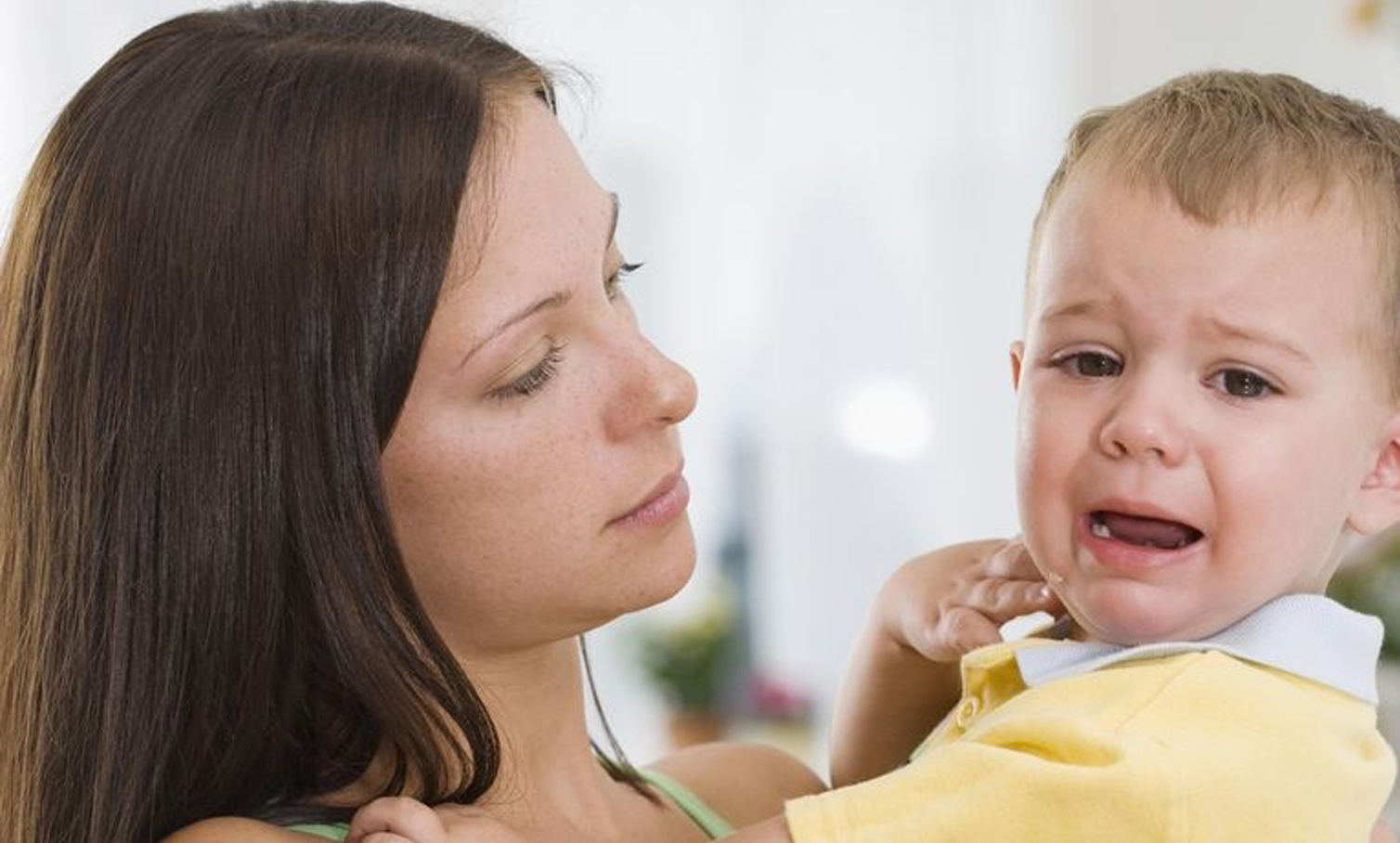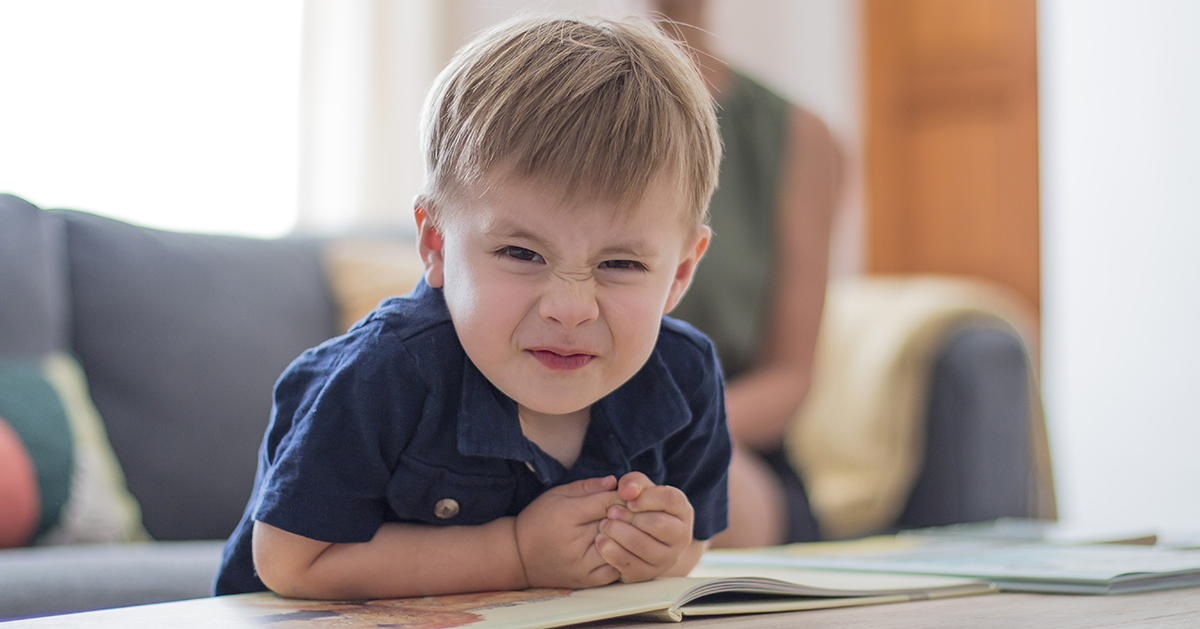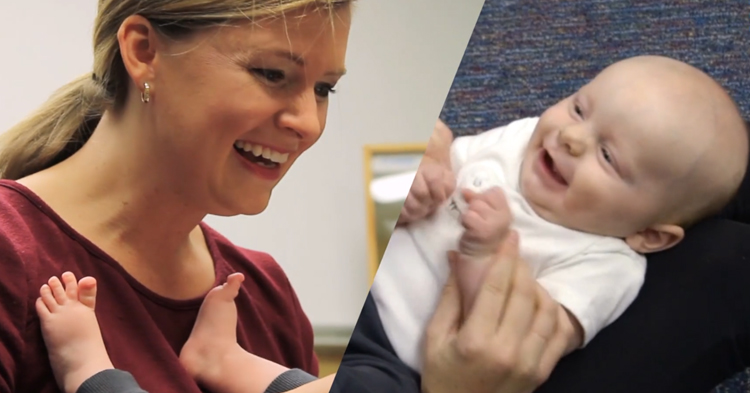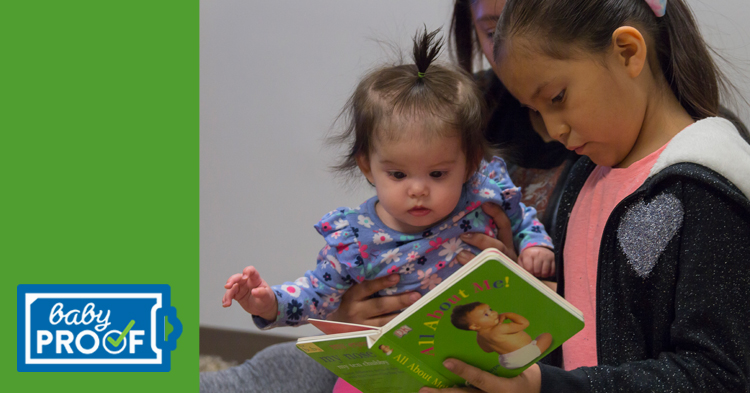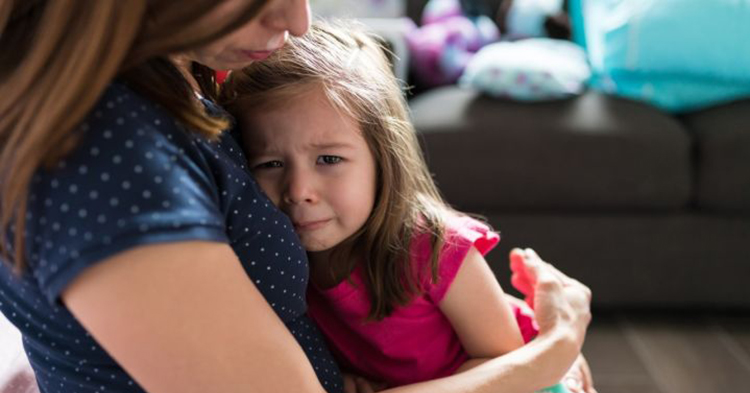
As they grow and develop, young children sometimes have a hard time dealing with their emotions. That’s normal. And with so many families experiencing extra stress and anxiety these days, your child may be having even more big feelings than usual.
 Dr. John Medina is a molecular biologist and New York Times bestselling author of “Brain Rules for Baby: How to Raise a Smart and Happy Child from Zero to Five.” We asked him to share some ideas to help parents navigate difficult times and build a foundation of healthy communication with their young children.
Dr. John Medina is a molecular biologist and New York Times bestselling author of “Brain Rules for Baby: How to Raise a Smart and Happy Child from Zero to Five.” We asked him to share some ideas to help parents navigate difficult times and build a foundation of healthy communication with their young children.
FTF: How can parents help their child when they get overwhelmed with intense emotions?
John Medina: Pay close attention to what your child is feeling, especially when they’re feeling big emotions. You want to lead with empathy, and then give your child tools to deal with the feeling.
When big feelings come on, children often become surprised at their intensity, and it scares them. One of the first things to do when a child is having a tantrum, for example, is to get physically close to them. You are communicating that you are still here. It’s still safe. When they subside from anger, you’ll still be there.
Then talk to them. You can teach kids to verbalize their feelings, to label them, as soon as they can talk. My two-year-old son Josh was in the grocery store with me one day, having a tantrum. I said: “Josh, buddy, we have a name for that feeling: Frustrated. You are frustrated. That is what you are feeling.”
He looked at me and cried, “Frustrated!” and grabbed my leg.
Kids begin to exert a feeling of control over their emotions when they can talk about them. It deflates tantrums.
And verbalizing emotions isn’t just for the negative. If you see a beautiful sunset, let your kid know that seeing it makes you feel happy. That it inspires you. They will learn from your example, and they will begin to verbalize their feelings, too.
This is the benefit. If you teach your child to verbalize their emotions when they’re young, it’s like constructing a microphone inside their mind. They will continue to verbalize their thoughts and emotions, and you as a parent can listen to it, even in the teenage years, when most usually close down.
FTF: What else can parents do when their young child is dealing with anxiety or sadness?
John Medina: Take, for example, if your child’s goldfish dies. This is their first experience with grief. Try to empathize and experience it along with your child: “It’s awful when things you love die. It’s such an icky feeling.”
Something to avoid is being dismissive: “This is not a big deal.” Your child has this great big feeling, but she is told this is no big deal. She doesn’t understand why she can’t get rid of this icky feeling, and she is never given tools to deal with big feelings. Even worse would be disapproval: “Stop whining. Be a man about this situation.” This is telling your kid that their feelings are a weakness, that this big feeling is wrong. Immediately, children think something is wrong them.
Do your best to be attentive and empathetic. It’s a good practice to praise and give attention to good behaviors, too.


